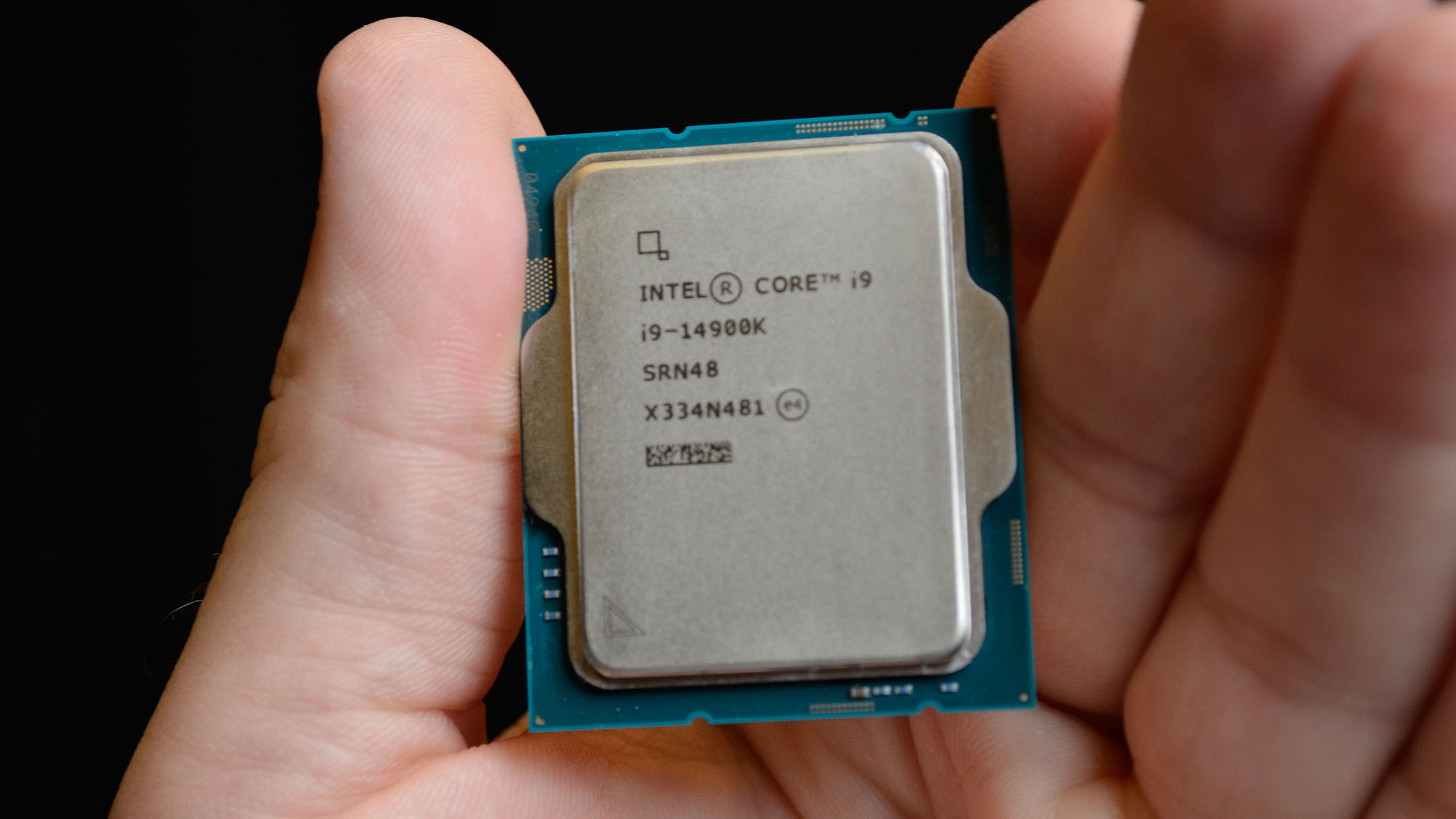
Intel’s next-gen flagship for Arrow Lake desktop processors will tone down its top boost speed to 5.7GHz, which is appreciably slower than the current Core i9-14900K, or that’s the latest from the grapevine.
So, as ever, treat this with some caution, but as VideoCardz noticed, the rumor aired by regular leaker OneRaichu on X – not visible to the general public on the social media site, mind (though a contribution from Vectral is) – is that we’re going to see that 5.7GHz top boost on a single core, and 5.4GHz across all cores.
These are the apparent clock speeds for the main performance cores of the flagship Core Ultra 9 285K, of course, but we should stress that the way the leaker phrases this is somewhat open to interpretation, so adding some extra seasoning for good measure seems a sensible thing to do.
For efficiency cores, the theory is Intel will plump for a boost speed of 4.7GHz and an all-core speed of 4.6GHz.
Analysis: Clock speeds aren’t everything – far from it
If true – and we’re not so sure about this one, frankly, but we certainly can’t dismiss it out of hand – this would mean the successor flagship for Intel would be 300MHz slower than the 14900K with its performance cores, and 300MHz faster with efficiency cores. Indeed, the 14900K hits 5.7GHz on an all-core boost, compared to just a single core for the 285K.
However, this isn’t a surprising development. In fact, it’s pretty well-established via the grapevine at this point that Intel is set to reduce clocks with Arrow Lake, as the firm looks to achieve more efficient desktop processors that don’t chug so much power. (A weak point that Raptor Lake, and its subsequent refresh, have come under fire for – not to mention all the controversy around stability for Core i9s from these CPU ranges of late).
What we must remember is that any new processor generation is not just about raw clock speeds, but also architectural and design improvements, cache loadouts, and other hardware fine-tuning that Intel has applied. It’d obviously be foolish to think that Intel won’t come forth with some kind of considerable generational uplift for Arrow Lake, as that’s fully expected (plenty of rumors are pointing that way, it must be said).
Indeed, with the efficiency cores being cranked up by 300MHz, this should help to markedly improve multi-threaded performance, too. Hopefully, we’ll get some robust performance boosts with silicon that runs cooler, using less power than current-gen chips from Intel – and some good fresh candidates for our list of best CPUs. Equally important – actually more vital – is that Team Blue shakes off the specter of the crashing problems affecting Core i9 CPUs that we mentioned.
Intel’s Arrow Lake CPUs could be released in October, or that’s the latest speculation, following an initial reveal in September.







